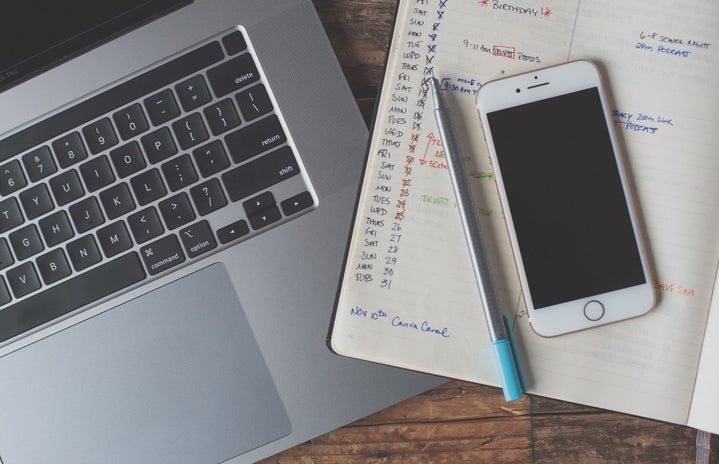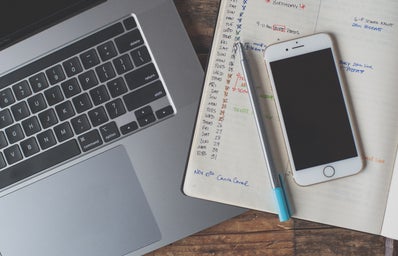Procrastination. It’s something that everybody does – and if you hear even the smart kids try to deny it, they are lying. Human nature has programmed individuals to lose focus on tasks, feel overwhelmed by tasks, or even simply lose the motivation for an activity for some other reason.
For some, relaxing or sleeping is the best way to pass the time or simply put off the task until your brain is ready to handle it again. For others, sleeping makes them feel even worse; with time constantly ticking and a deadline fast approaching, they seldom have the opportunity to give in to a nap or an episode of their favorite show without feeling an immense sense of guilt or dread. I am the same way, but I have recently developed a new method on top of my other procrastination strategies.
One day, during my developmental psychology class, the girl in front of me pulled out a crossword puzzle on her laptop and my attention was instantly captured. You see, in high school, our student newspaper would put out these monthly crossword puzzles and they became a popular trend. The day that the newspaper was delivered, my friends and I would all collaborate on it during advisory and lunch periods. It grew to the point where I’d see some of my classmates actively search for other puzzles to do online. So when I came to college and grew disappointed at the lack of physical newspapers and crossword puzzles, my obsession faded.
One of my friends even said that doing crossword puzzles was a nerdy thing!
My secret to productive procrastinating is doing crossword puzzles and any of the other free word games that the New York Times puts out daily. Although it is “fun”, these types of puzzles engage your brain in a lighter, more achievable task, which may give you a dopamine boost when completing one of the games. This boost will allow you to easily stay more motivated on your original task and increase your morale as well. So, I highly suggest attempting most if not all the New York Times’ games. They’re free and there is no penalty for mistakes, so it really is just a mind break for you. Plus, they’re relatively quick. My favorites are the mini crossword, wordle, and connections. If you want to do a full crossword puzzle, I suggest you look online. And if you want more trivia, go to Sporcle and find any game you’d like. You might have some hesitancy to try out these mental games, but I recommend that everybody tries it at least once to see if there are any beneficial effects.
However, if a light mental exercise is not for you, I also have an activity that is a little more physical: cleaning. I am what you may consider a stress cleaner. In order to take my mind off things, I often just clean with some type of music playing so as to not feel useless with my time. Cleaning also takes little effort and does not entail the effort required of exercising, which is also pretty effective, but I understand is not accessible for everyone.
So with these two strategies under my belt, I feel as though my studying and work ethic is pretty decent. It is far from the best it could be, but I find that this system works and I highly encourage everybody to find a strategy that works for you – preferably two main ones (one physical and the other mental). Procrastination should be a tool and not really seen as something negative all the time.


